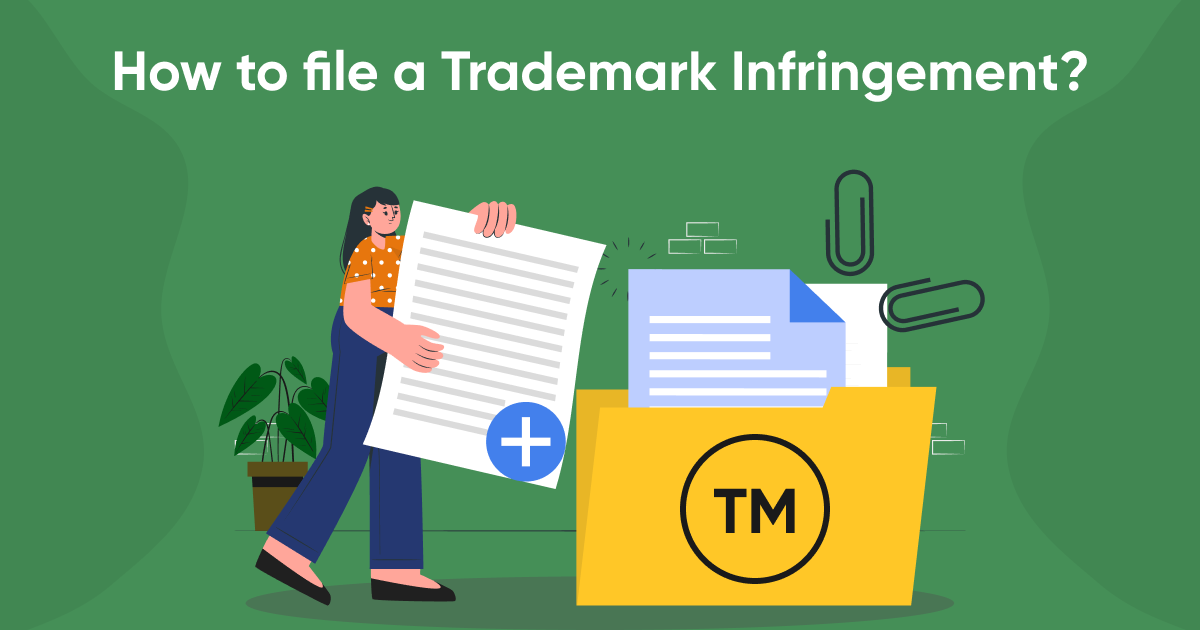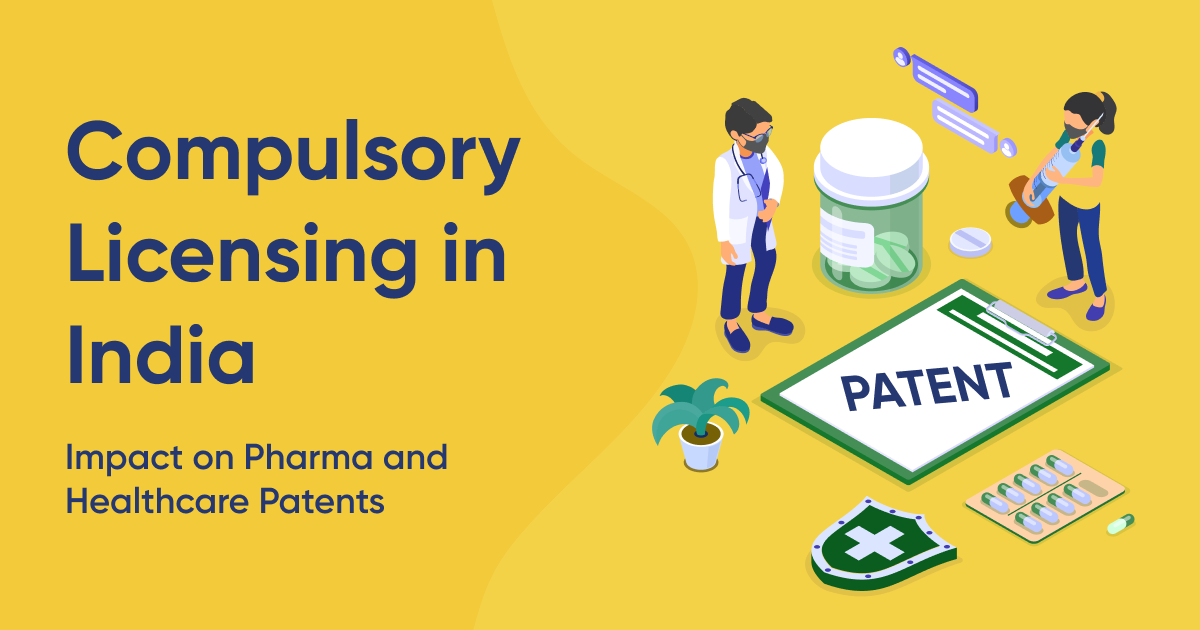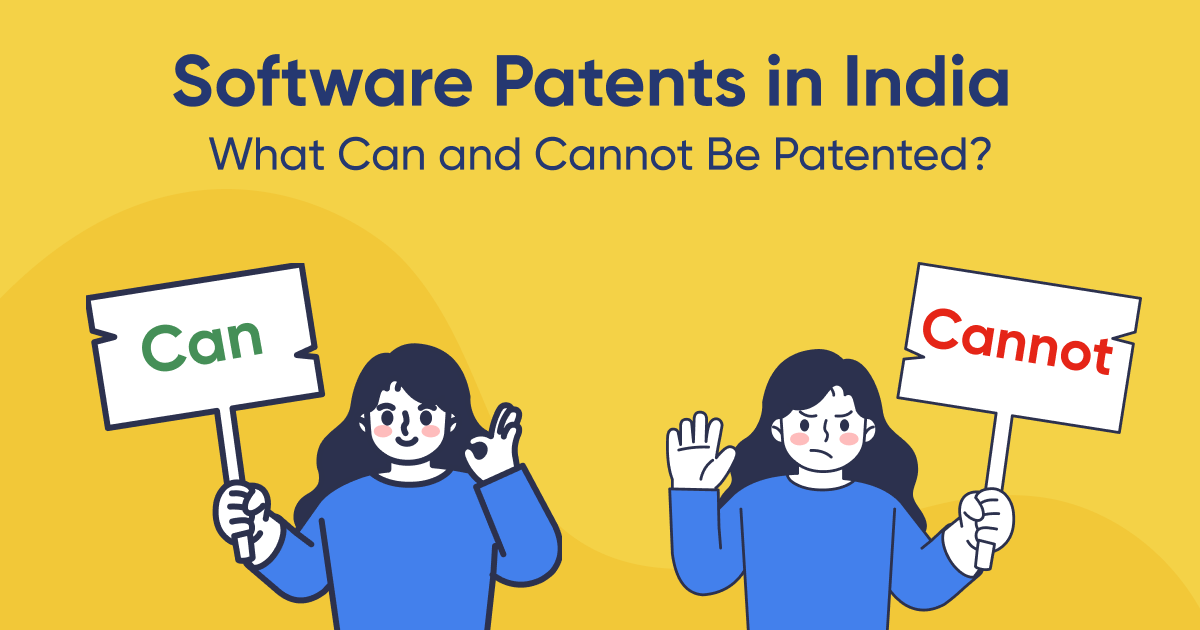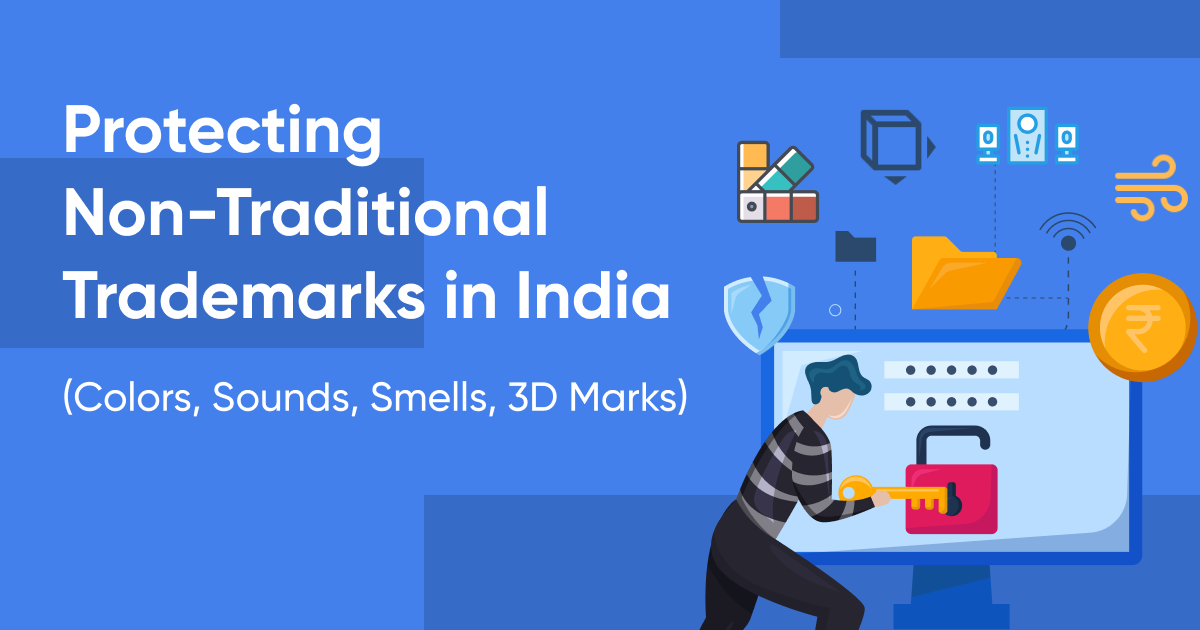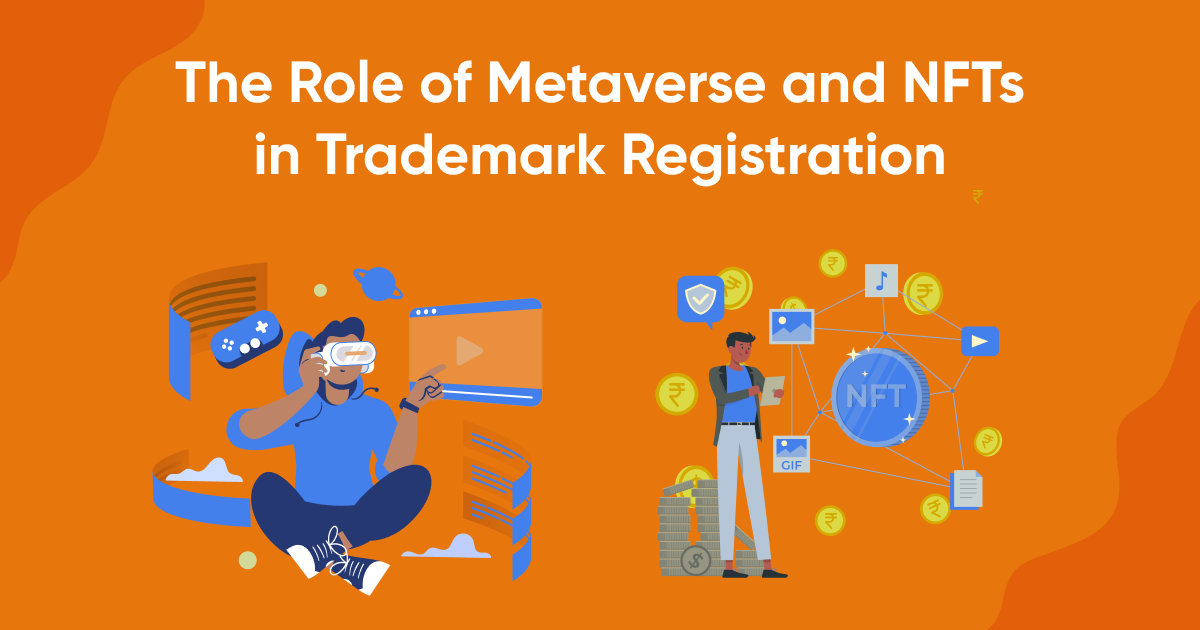Procedure for Registration of Copyright
In today’s digital age, protecting your intellectual property is more important than ever. Whether you are an artist, writer, software developer, or any other type of content creator, registering your copyright ensures that your work is legally protected from unauthorized use. Copyright registration is a straightforward yet essential process that grants you exclusive rights to your creative works, preventing others from reproducing, distributing, or displaying them without your permission.
In this comprehensive guide, we will walk you through the entire procedure for registering a copyright in India, highlighting the critical steps involved, and providing practical tips along the way. By the end of this blog, you will have a clear understanding of how to protect your creative assets and why taking this step is crucial for safeguarding your intellectual property.
Understanding Copyright and Its Importance
Before diving into the registration process, it's essential to understand what copyright is and why it matters. Copyright is a form of intellectual property that protects original works of authorship, including literary, dramatic, musical, and artistic works. This protection extends to various forms of expression, including books, music, paintings, sculptures, software, films, and architectural designs.
The primary purpose of copyright is to grant the creator exclusive rights over their work, allowing them to control its use and distribution. Without copyright protection, your work could be copied, distributed, or used by others without your consent, leading to potential financial losses and loss of control over your creation.
Step-by-Step Procedure for Copyright Registration in India
The process of registering a copyright in India involves several steps, each of which must be completed with care to ensure your application is successful. Here’s a detailed guide to the procedure:
Step 1: Prepare the Application
The first step in registering your copyright is to prepare your application. This involves gathering all the necessary documents and details about your work, such as:
- Title and description of the work: Clearly state the title of your work and provide a brief description of its nature (e.g., literary work, musical composition, software, etc.).
- Details of the author and applicant: Provide information about the author of the work and the applicant, if different from the author.
- Nature of the work: Specify the category under which your work falls, such as literary, musical, or artistic work.
- Publication details: If your work has already been published, include the publication date and details. If it is unpublished, mention that as well.
- Language of the work: Indicate the language in which your work is written or composed.
Step 2: Submit the Application
Once you have prepared your application, you need to submit it to the Copyright Office in India. The application can be submitted online through the official e-filing portal or physically at the Copyright Office in New Delhi.
When submitting your application, ensure that you include:
- Form XIV: The prescribed application form, which must be duly filled and signed.
- Fee Payment: The application fee, which varies depending on the type of work and whether it is being registered by the author or an applicant representing the author.
- Copies of the Work: Two copies of the work you wish to register. If it is unpublished, you need to submit a manuscript copy.
Step 3: Examination of the Application
After submission, the Copyright Office will examine your application to ensure it complies with the necessary requirements. This examination process includes:
- Scrutiny of the Application: The Copyright Office will review your application to ensure all the details are accurate and complete.
- Objections (if any): If there are any objections or discrepancies in your application, the Copyright Office will notify you, and you will be given the opportunity to rectify them.
Step 4: Publication in the Copyright Journal
If your application is found to be in order, the Copyright Office will publish the details of your work in the Copyright Journal. This publication serves as a public notice, allowing anyone who believes they have a claim to the work to come forward with objections.
The Copyright Journal is published on a monthly basis, and once your work is published, there is a mandatory waiting period of 30 days during which objections can be raised.
Step 5: Certificate of Registration
If no objections are raised during the 30-day waiting period, or if any objections are resolved in your favor, the Copyright Office will issue a Certificate of Registration. This certificate serves as official proof that your work is copyrighted and that you have exclusive rights to it.
The certificate will include details such as the registration number, date of registration, and the category under which the work is registered.
Important Considerations for Copyright Registration
While the process of registering a copyright is relatively straightforward, there are a few important considerations to keep in mind:
- Ensure Originality: Your work must be original and not copied from any other source. Plagiarism can lead to the rejection of your application and potential legal consequences.
- Timely Registration: It is advisable to register your work as soon as it is created, especially if you plan to publish or distribute it. Early registration can help you avoid disputes over ownership and rights.
- Monitor Your Work: After registration, it is essential to monitor your work to ensure it is not being used without your permission. If you discover unauthorized use, you have the right to take legal action to protect your rights.
Protecting Your Copyrighted Work
Once your work is registered, you gain several exclusive rights, including the right to reproduce, distribute, perform, and display your work. However, registration is just the first step in protecting your intellectual property. To fully safeguard your work, consider the following:
- Use Copyright Notices: Clearly display a copyright notice on all copies of your work. This notice should include the © symbol, the year of publication, and your name (or the name of the copyright holder).
- License Your Work: If you wish to allow others to use your work under specific conditions, consider issuing a license. Licensing can be a way to generate income while retaining control over how your work is used.
- Take Legal Action if Necessary: If you discover that someone is using your work without permission, you have the right to take legal action. Copyright infringement can result in significant penalties for the infringer, including fines and damages.
Why Choose Trademarkia for Copyright Registration
Navigating the copyright registration process can be complex, especially if you are unfamiliar with the legal requirements. This is where Trademarkia can assist. Trademarkia is a trusted platform that offers comprehensive copyright registration services, making the process seamless and stress-free. With a team of experienced professionals, Trademarkia can help you prepare your application, submit it to the Copyright Office, and guide you through each step of the registration process.
By choosing Trademarkia, you can ensure that your creative work is protected, allowing you to focus on what you do best – creating. Whether you are an individual creator or a business, Trademarkia’s services are designed to meet your needs and provide peace of mind knowing that your intellectual property is safeguarded.
Conclusion
Copyright registration is an essential step in protecting your creative work and ensuring that you retain control over its use and distribution. By following the procedure outlined in this blog, you can successfully register your copyright in India and gain the legal protection you need.
Don’t leave your intellectual property vulnerable to infringement. Take the necessary steps today to secure your rights and protect your creative assets.
Ready to protect your creative work? Start your copyright registration process with Trademarkia today and ensure your intellectual property is safeguarded for the future. Visit Trademarkia's website to learn more and begin your registration process with confidence.
FAQs on Copyright Registration
1. What types of works can be registered for copyright in India?
Literary, musical, dramatic, artistic works, cinematographic films, and sound recordings can all be registered.
2. How long does the copyright registration process take in India?
It typically takes 3 to 4 months.
3. Is copyright registration mandatory in India?
No, copyright protection is automatic, but registration provides legal proof of ownership.
4. What documents are needed for copyright registration?
You'll need the completed application, copies of the work, and the fee payment.
5. Can I register an unpublished work for copyright?
Yes, unpublished works can be registered for copyright protection.


